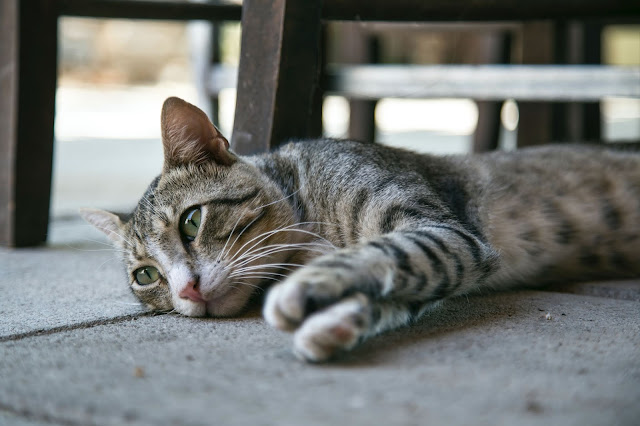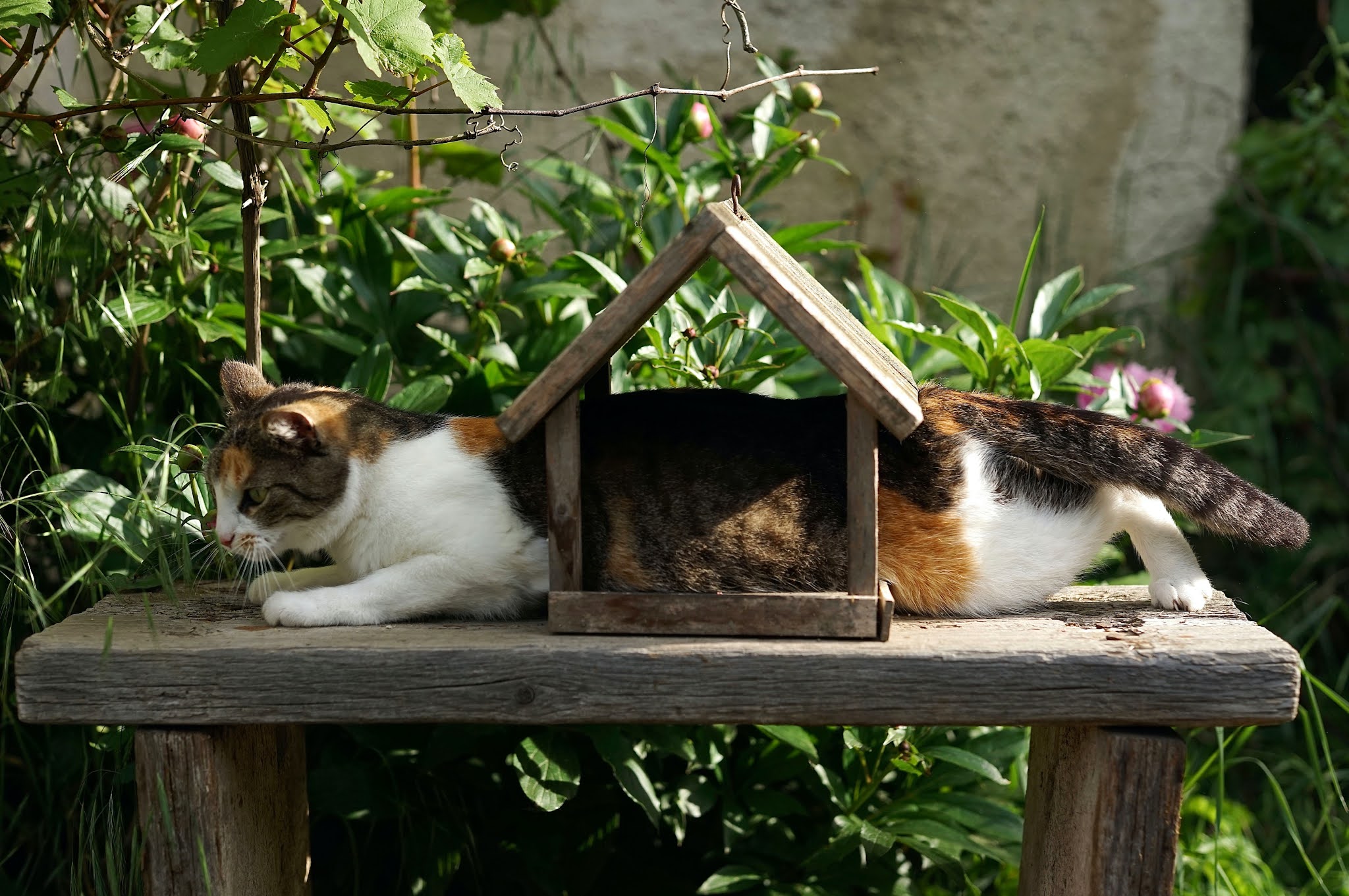Acquiring a new kitten necessitates some planning: getting food and water bowls, deciding on a spot for the litter box and their bed, and selecting a variety of toys. Ill health isn’t something you think about when you have a kitten, but it trains you to be prepared for the unexpected. As a result, buying pet insurance should be at the top of your list of things to do before the kitten arrives.
Why Should You Insure Your Cat?
Cats, on average, are less prone to health problems than dogs, and those that live indoors are even less prone. But there is always the possibility of the unexpected, and disease or injury can strike any animal, no matter how safe its surroundings are.

The level of veterinary care in the United States is among the greatest in the world, but it is not cheap. This means that a trip to the vet can be pricey, and unless you have a fund set up for this purpose, it might cause serious problems. Vets have heard of cat owners having to forego treatment or go into debt to pay a bill.
What Exactly Does It Cover?
Pet insurance, like many other types of insurance, comes in a variety of policies with varying levels of coverage and benefits. What is covered and, of course, the price can differ from one state to the next. Aside from California, no statewide rules are governing this type of policy, so reading the fine language is critical.
The basic coverage includes components like illness and accident, but it does not include annual reviews or check-ups, as well as immunization costs. Some insurance may include coverage if the cat goes missing or causes harm to a third party, as well as money to help advertise for them if they escape. However, most policies allow you to pay for as much or as little as you need.
You can also choose between other levels of coverage, such as 80 percent, 90 percent, or 100 percent of the bill. So, if the bill is $1000, and you choose the first level, the insurance company will reimburse you $800 or $900 on the second level. The higher the premium the insurance company will charge you, the more money you will be repaid.
Other Options
If you dislike the idea of pet insurance, you can always self-insure. This entails opening a bank account for the purpose, depositing a fixed sum into the account each month, and not touching it for anything other than emergencies or diseases. Don’t spend it for routine check-ups or to buy things for the kitten; instead, save it and hope you don’t need it until there’s plenty of money in the account!
Whatever choice you select for your kitten, you must begin the plan as soon as the kitten comes. While that adorable little face will bring you love and affection, it may also bring you a hefty vet cost, so be prepared.





















